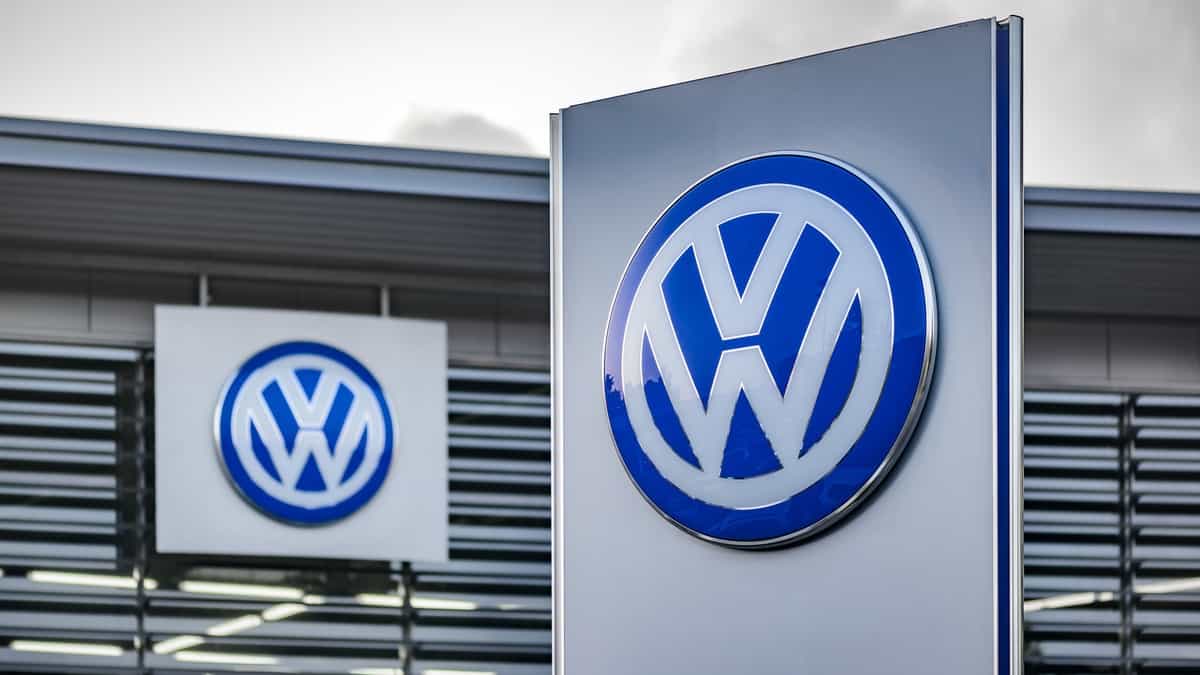Leading German automakers BMW, Mercedes-Benz, and Volkswagen bear contradicting sentiments regarding the European Parliament’s mandate to ban new sales of petrol and diesel vehicles by 2035, Drive reported.
Europe to outlaw petrol and diesel vehicle sales by 2035
On February 14, the EU officially approved the proposal to ban new petrol and diesel vehicle sales in the region by 2035.
Reuters outlined that the legislation will demand automakers to hit 100% carbon neutrality for new car sales by the given year.
The move will ultimately prohibit them from selling conventional internal combustion engine-powered (ICE) models in 27 European markets.
Apart from that, it will also require automakers to reduce their carbon emissions by 55% for new car sales by 2030 from 2021 records.
The European Parliament’s Lead Negotiator, Jan Huitema, emphasized the importance of offering customers more affordable options to accelerate the EV uptake in the region.
“The operating costs of an electric vehicle are already lower than the operating costs of a vehicle with an internal combustion engine.”
Jan Huitema, European Parliament’s Lead Negotiator (via Reuters)
The trio’s opinion
In an interview with German publication Handelsblatt, BMW Chief Oliver Zipse criticized the EU’s 2035 ban on new diesel and petrol sales.
“I think the political requirement to phase out combustion engines is negligent. And where do people charge all the electric cars? There will be no comprehensive infrastructure for electric cars in Europe in 2035. Do you think that in 12 years there will be charging stations in every village in regions like southern Italy?”
BMW Chief Oliver Zipse
CEO Zipse further noted that the high costs of electric vehicle ownership may significantly affect customers, especially those under the low-income bracket.
“In the end, this can even become a social problem. If mobility is no longer affordable, you will offend many people.”
BMW Chief Oliver Zipse
Meanwhile, Mercedes CEO Ola Kaellenius argued that European dealerships would not be fully ready to offer only EV models by 2030.
“It’s not going to be 100 per cent (electric) in 2030, obviously… from the whole European market, but probably from the Mercedes side as well. We will be ready… but we will also have tactical flexibility.”
Mercedes CEO Ola Kaellenius told Reuters
Interestingly, Volkswagen’s boss is more optimistic regarding the 2035 deadline. The German brand stated that its strategy to become an all-electric brand in the region by 2033 will enable it to meet the standards.
“We are prepared for the 2035 combustion ban in Europe. I think we have great chances. We know how to build cars, with top quality. We will have to work hard on the cost side.”
Volkswagen CEO Oliver Blume
Potential effects
The sales ban for new conventional ICE-powered vehicles can potentially kill legacy automakers in the European automotive industry.
To address the traditional car companies’ protest, the EU provided an extension of 1 year for low-volume brands to adhere to the new legislation. It will essentially enable those automakers producing less than 10,000 units annually to comply until 2036, Drive reported in February.
The EU will also allow them to still manufacture ICE models as long as they employ carbon-neutral duels like hydrogen and synthetic diesel/petrol (biofuels or e-fuels).
Despite these considerations, many automakers continue to oppose the EU’s decision.
“The dogmatic decision that was taken to ban the sale of thermal vehicles (petrol and diesel cars) in 2035 has social consequences that are not manageable. If you deny the middle classes access to freedom of movement, you are going to have serious social problems.”
Stellantis CEO Carlos Tavares told the media in early 2023
See Also:
- European Union reaches agreement to eliminate combustion-engine vehicles by 2035
- European Union ministers pass 2035 car engine ban law
- Germany and Italy lead the charge in Europe’s transition to synthetic fuels for electric cars
- Europe to lead the world in electric vehicle sales from 2030
- Stellantis CEO: Europe’s euro 7 standards a “diversion” from Chinese rivals
The EU’s decision to ban the sales of polluting diesel and petrol vehicles by 2035 is a crucial step to accelerate the adoption of sustainable and green energy vehicles like BEVs. In effect, it can significantly aid the region’s efforts in achieving carbon neutrality, particularly in the transportation industry.
However, challenges remain as EV ownership costs are still higher than conventional vehicles. It would add a financial burden to customers, which may hurt the overall auto industry. That said, the government and automakers must cooperate to make EVs more affordable.

